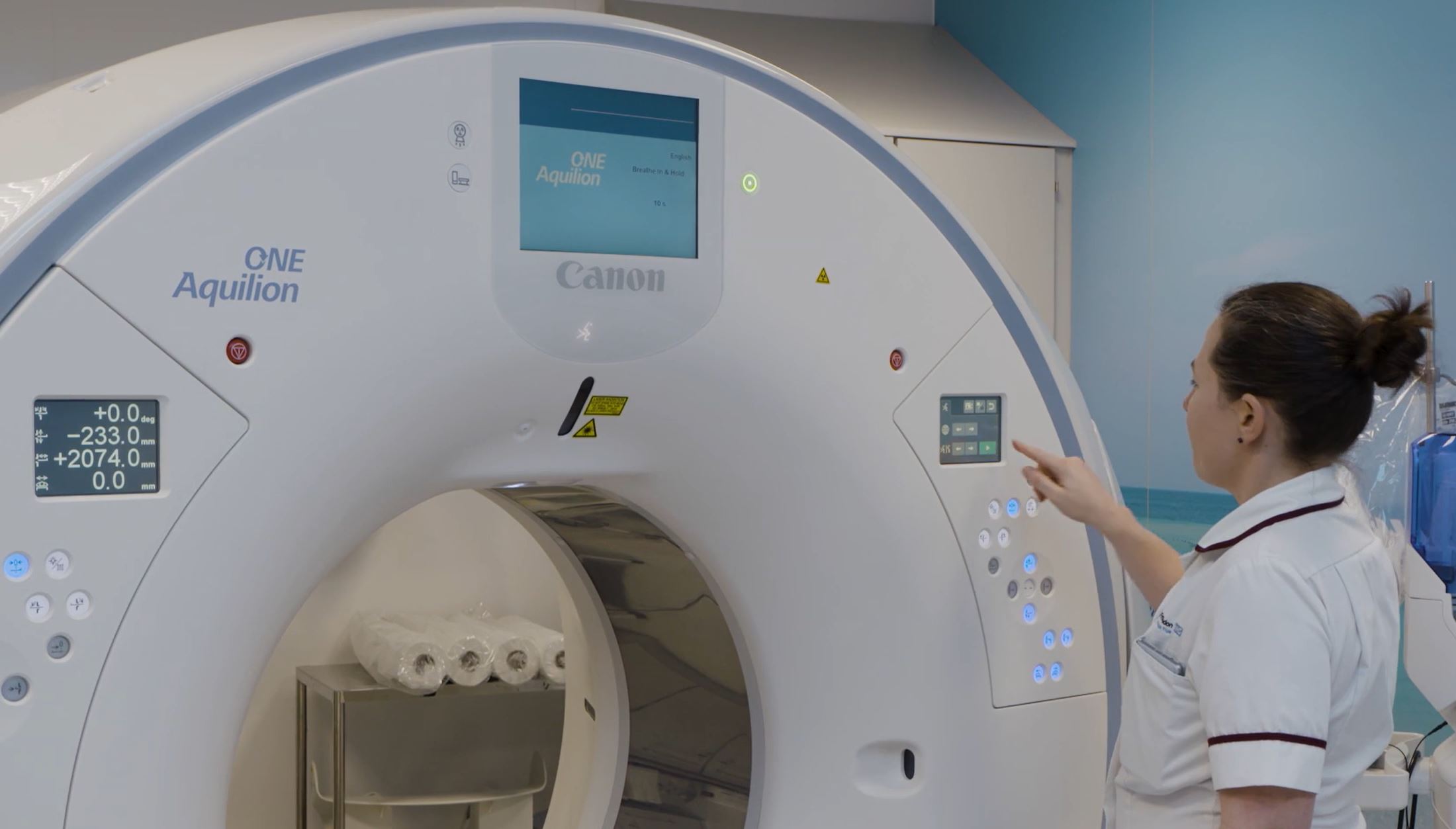The process to become a living liver donor

Below is information about the process the living donor coordinator will guide you through to make sure you're healthy enough to donate your liver.
What are the tests like?
The tests are generally not painful or invasive, but you will be asked for lots of blood samples throughout the process.
Physical assessments
The tests include scans, some of which include an injection, urine tests, blood tests, x-rays and heart tracing (using wires attached to sticky pads on your skin) and a special test of liver function.
Your test results will then be discussed with you when they are available. It is important to remember that even if you are generally healthy you may still not be able to donate. These tests are very specific to help reduce the risk of complications for both the donor and recipient.
If the tests show you cannot donate for any reason, the transplant team will discuss this with you and also highlight any other health considerations they may have found.
Psychological assessments
People who volunteer as a living donor also undergo a psychological assessment. Donating part of your liver can be an emotional process, meaning it is important to assess if there is any possibility of you experiencing psychological harm during the donation process.
Become a living liver donor
Become a living liver donor

Help promote living donation
Order or download a range of materials, including faith-specific leaflets.
Can’t find what you’re looking for?
For general enquiries
Email: enquiries@nhsbt.nhs.uk
Or call: 0300 123 23 23


